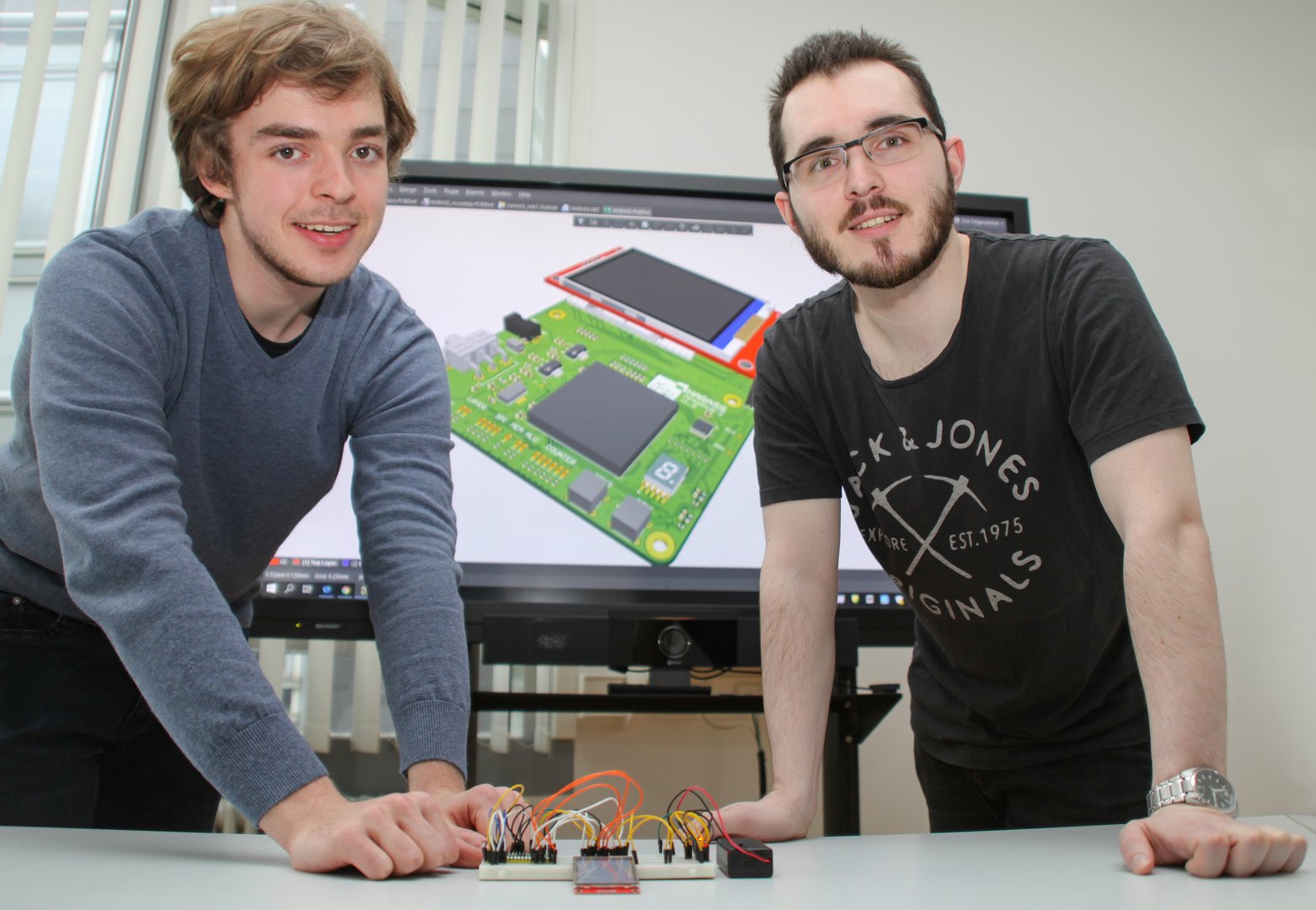A student designs a microchip. Not just theoretically in the lecture hall, but practically at a modern research institute. He's present when his fellow student's tests prove: His chip works, it can solve problems with the help of methods of artificial intelligence (AI). Under the guidance of the professor, they both gain experience which goes beyond what is usual in higher education. This form of practice-oriented teaching should set a precedent. The "BB-KI Chips" project will advance training in the field of AI hardware development. The University of Potsdam and the Technical University of Munich are working on this. Teaching includes the design of systems with simple and medium complexity up to the actual chip production. To learn these practical skills, is a unique opportunity for students in Germany.
Prof. Miloš Krstić leads the "System Architectures" department at IHP - Leibniz Institute for High Performance Microelectronics in Frankfurt (Oder) and has been a professor for "Design and Test Methodology" at University of Potsdam since 2016. Through the joint laboratory "Wireless and Embedded System Design", he has already made his teaching very practice-oriented. He wants to deepen this knowledge in the "Brandenburg/Bayern Aktion für KI-Hardware-Themen im Lehrplan der Universitäten" project and provide possible methods to other universities. "We need to show students that building the right hardware is key to driving AI development forward. Only those who understand the connection between AI specification and the implementation of hardware can meet the complex requirements for performance, safety and reliability with their designs," he is convinced. However, current university education often neglects the design, development and evaluation of new AI architectures and rather emphasizes theoretical foundations and optimal algorithmic implementations.
As coordinator of the "BB-KI Chips" project, Prof. Dr.-Ing. Miloš Krstić is advancing the strategic addition to the existing range of courses. The results of his students show: That's the right direction. Florian Frankreiter developed an AI chip during his studies, Erik Felgendreher tested its functionality and built a demonstrator. The two managed to design an application for recognizing digits. "Remarkable," says Prof. Krstić. "An AI chip is highly complex, and usually it is not possible to design a working variant at the first attempt.” Therefore, drafts are often further developed over several semesters by different students. "We have to take into account the long production times, we're talking about 6 to 9 months," explains Prof. Krstić. Thus, he regularly invites his students to Frankfurt (Oder), presents laboratories and explains the production in the clean room of the modern research institute.
With project funding for "BB-KI Chips", almost 4 million euros will flow to Potsdam and Munich within the four-year project period, the development and initial testing of the new teaching and learning offers will be made possible. In addition to establishing it at the two universities involved, a guideline for the ideal teaching of hardware topics with practical relevance is to be created, which can be used as a recommendation at other universities.
Press Releases
Communication- and Embedded System Architectures
Students develop a functioning AI chip at IHP
Florian Frankreiter (left) developed an AI chip, Erik Felgendreher tested its functionality and built a demonstrator. Both study at University of Potsdam and visit IHP regularly, as part of the joint laboratory. © IHP 2022



